Russian Professor Dugin labels French President Macron’s wife a “TRANSGENDER MONKEY.”
In a shocking and highly controversial statement, Russian philosopher and political theorist Alexander Dugin has recently referred to French First Lady Brigitte Macron as a “transgender monkey.” This inflammatory comment has sparked widespread outrage, drawing condemnation from various political figures, activists, and social commentators. Dugin, known for his hardline views on nationalism, traditionalism, and his staunch support of President Vladimir Putin’s policies, has long been a controversial figure in Russian intellectual circles. His latest remarks about Macron’s wife, however, have taken his notoriety to a new level of international infamy.
The incident has not only intensified existing tensions between Russia and the West but also fueled broader debates surrounding political discourse, misogyny, and the use of hate speech in contemporary political rhetoric. Dugin’s comment is seen as part of a broader trend of increasingly extreme language used by some political figures to attack opponents or their families, especially in the context of a politically charged environment. His remark about Brigitte Macron has stirred intense criticism from both French officials and international observers who view such statements as harmful and divisive.
Who is Alexander Dugin?
Alexander Dugin is a prominent Russian philosopher and political theorist, often referred to as the “brain” behind Russian ultranationalist ideologies. He is best known for his advocacy of “Eurasianism,” which seeks to create a geopolitical and cultural alliance of states that would challenge Western liberalism, particularly U.S. global influence. Dugin has been an influential figure in shaping Russian foreign policy, especially in relation to the country’s aggressive stance toward Ukraine and its push to expand its influence in former Soviet states.
His theories are rooted in a combination of traditionalism, nationalism, and opposition to liberal democratic values. Dugin has consistently promoted anti-Western sentiments, advocating for the rejection of liberalism, democracy, and globalism in favor of a return to what he views as the “authentic” cultural and political values of Russia and Eurasia. He has been a vocal supporter of Vladimir Putin’s regime and has argued that Russia must assert itself as a counterbalance to the West’s influence.
Dugin’s ideas have been controversial even within Russia, where he has faced criticism for promoting divisive and extreme viewpoints. Despite this, his theories have found resonance with certain nationalist and conservative factions within Russian society and political circles. However, his recent remarks about Brigitte Macron have placed him at the center of a firestorm, further polarizing public opinion regarding his role as an intellectual figure.
The Insulting Remarks About Brigitte Macron
Brigitte Macron, the wife of French President Emmanuel Macron, is a well-known public figure in France. As First Lady, she has taken on various social and cultural initiatives, often focusing on education, disability advocacy, and children’s rights. Her role has been widely recognized and respected in France and abroad. However, Dugin’s recent insult aimed at her has drawn sharp criticism for its offensive and demeaning nature.
In his comments, Dugin referred to Brigitte Macron as a “transgender monkey,” a remark that has been widely condemned as not only disrespectful but also deeply misogynistic. His use of such language is viewed as part of a larger trend of derogatory rhetoric aimed at women, particularly those in positions of power or influence. The implication of the comment — that Brigitte Macron is somehow unworthy or unnatural due to her appearance and role as First Lady — has raised questions about the growing prevalence of hate speech in global political discourse.
Such language is not only insulting to Brigitte Macron personally but also reinforces harmful stereotypes about women and gender. Dugin’s comment plays into deeply ingrained societal prejudices and serves to dehumanize individuals based on their gender, appearance, or position in society. The comment has prompted backlash from feminist groups, political analysts, and public figures, who have criticized it as part of a broader culture of misogyny and toxic political discourse.
The Political and Diplomatic Fallout
Dugin’s offensive remarks about Brigitte Macron have already triggered a diplomatic response from France, with French officials expressing their outrage over the comments. French government spokespersons have condemned the language used by Dugin, calling it a baseless attack on a respected public figure. In a statement, French officials emphasized that such remarks were harmful to international relations and only served to fuel unnecessary tensions between nations.
The incident has further strained relations between Russia and the West, which are already at a low point due to the ongoing conflict in Ukraine. Dugin’s comments about Brigitte Macron can be seen as part of a broader effort by Russian figures to antagonize Western leaders and challenge their authority, both on the international stage and within their own countries. As tensions between Russia and France continue to rise, particularly over issues like the war in Ukraine, remarks such as Dugin’s only serve to deepen the divide and foster hostility between the two nations.
In addition to the diplomatic fallout, Dugin’s comments have sparked broader discussions about the role of political rhetoric in modern society. His inflammatory language reflects a growing trend of extreme and provocative statements used by some public figures to garner attention, manipulate public opinion, and rally supporters. This trend has raised concerns about the future of political discourse and the normalization of hate speech in global politics.
Misogyny and the Weaponization of Gender in Politics
Dugin’s comment is part of a troubling pattern of misogynistic rhetoric that has become more prevalent in political discourse worldwide. Women in positions of power, especially those married to prominent political figures, have often been subjected to degrading comments about their appearance, behavior, or personal lives. This type of gendered language serves to undermine the legitimacy of women in politics and perpetuates harmful stereotypes about their roles in society.
By labeling Brigitte Macron as a “transgender monkey,” Dugin taps into a dangerous form of political misogyny that attempts to delegitimize women based on their gender and appearance. This rhetoric is part of a broader effort to marginalize women and challenge their authority, reducing them to their physical characteristics rather than recognizing their contributions to public life. Such language, especially when used by high-profile public figures like Dugin, can have far-reaching consequences, influencing how women in politics are perceived by the public and reinforcing negative stereotypes.
The normalization of this kind of misogynistic rhetoric is particularly concerning in a time when there is growing global awareness of the need to combat gender-based violence and discrimination. When prominent individuals in the political sphere engage in such behavior, it not only undermines efforts to address these issues but also perpetuates a culture where women are devalued and attacked based on their gender.
International Reactions and Consequences for Dugin
Dugin’s comments have ignited widespread condemnation from various global leaders and institutions. In addition to the French government’s official response, feminist groups, human rights organizations, and politicians from around the world have called for Dugin to be held accountable for his inflammatory remarks. Many have argued that such language has no place in modern political discourse and that those who use it should be held to account for promoting harmful and divisive rhetoric.
The international backlash against Dugin could have significant consequences for his career and public standing. As a prominent intellectual figure in Russia, Dugin has enjoyed a certain level of influence within nationalist circles. However, his increasingly extreme rhetoric may limit his ability to engage in international dialogue or shape global policy discussions. The damage to his reputation could also undermine his role as a public figure, particularly in light of the growing awareness of the harm caused by hate speech.
For now, Dugin remains a highly divisive figure in Russia and beyond, and the fallout from his recent comments about Brigitte Macron is likely to reverberate for some time. Whether or not the incident will have lasting political consequences for him remains uncertain, but it is clear that such inflammatory remarks are becoming more common in global political discourse, signaling a troubling shift in the tone and content of public debate.
In Conclusion
Alexander Dugin’s labeling of Brigitte Macron as a “transgender monkey” is a deeply offensive and misogynistic comment that has sparked widespread condemnation. His remarks highlight the growing trend of toxic political discourse, which often relies on hateful language to provoke and divide. As the world becomes increasingly polarized, it is essential to challenge such rhetoric and work toward fostering a more respectful and inclusive political environment. Dugin’s comments serve as a reminder of the dangers of allowing hate speech and misogyny to permeate global politics, and the need for greater accountability and civility in political discussions.
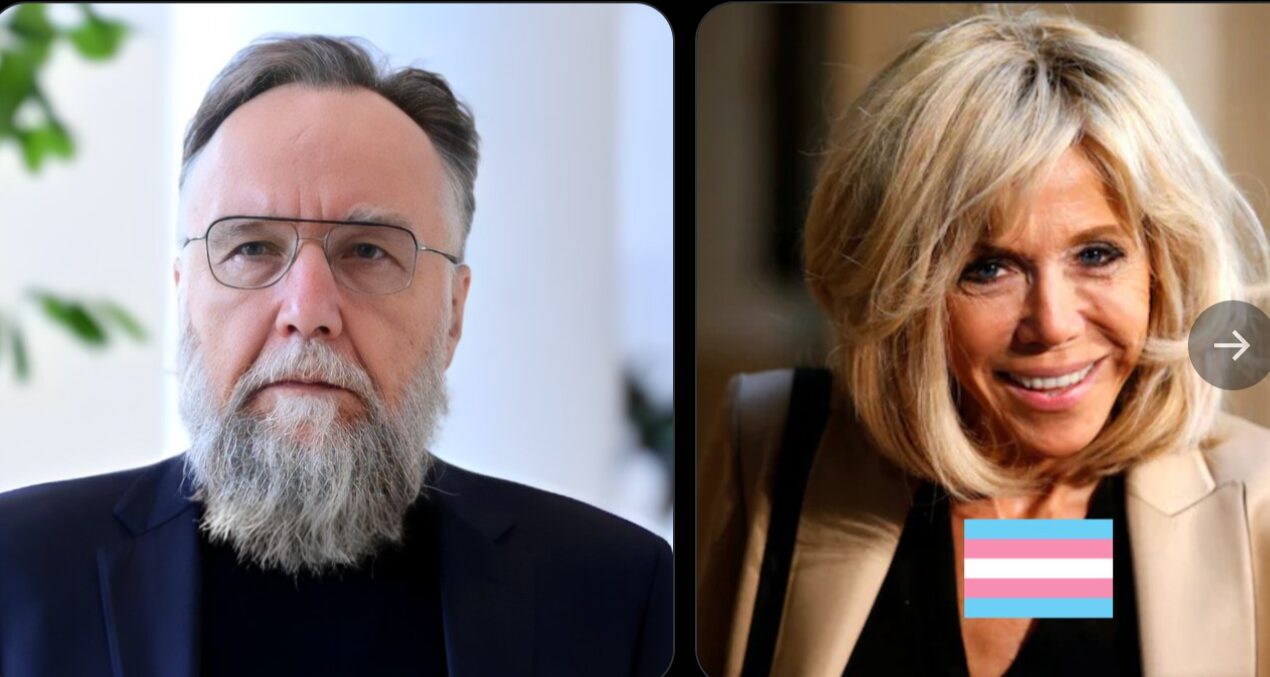
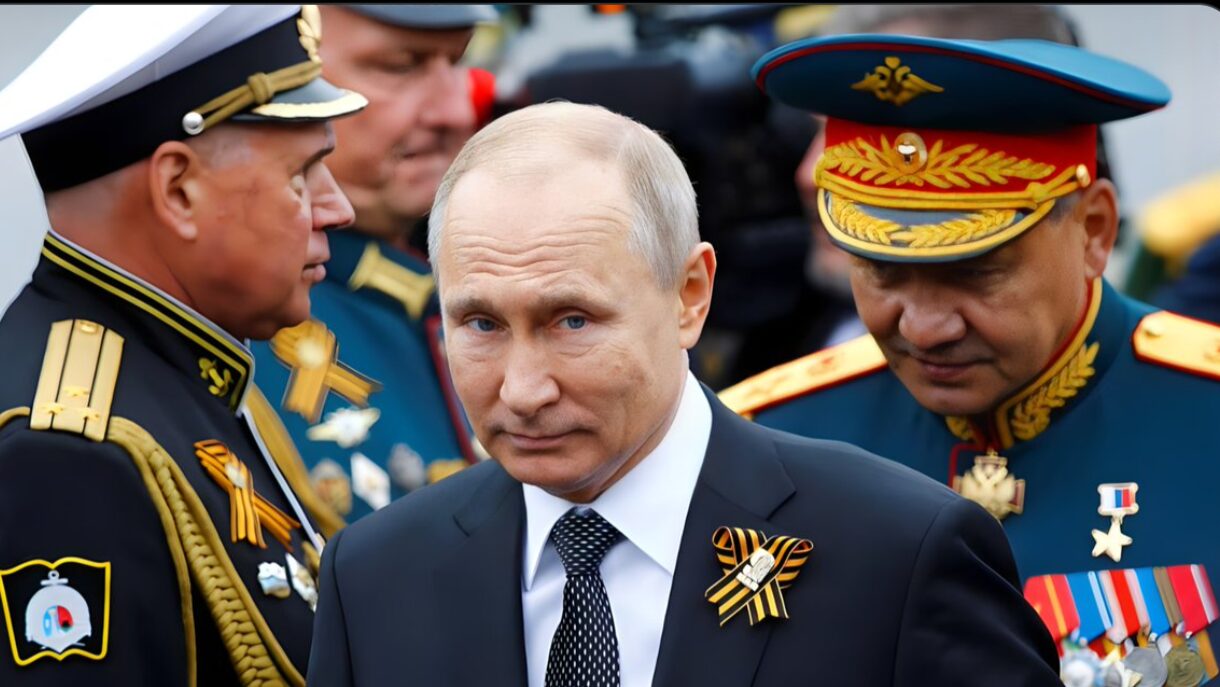

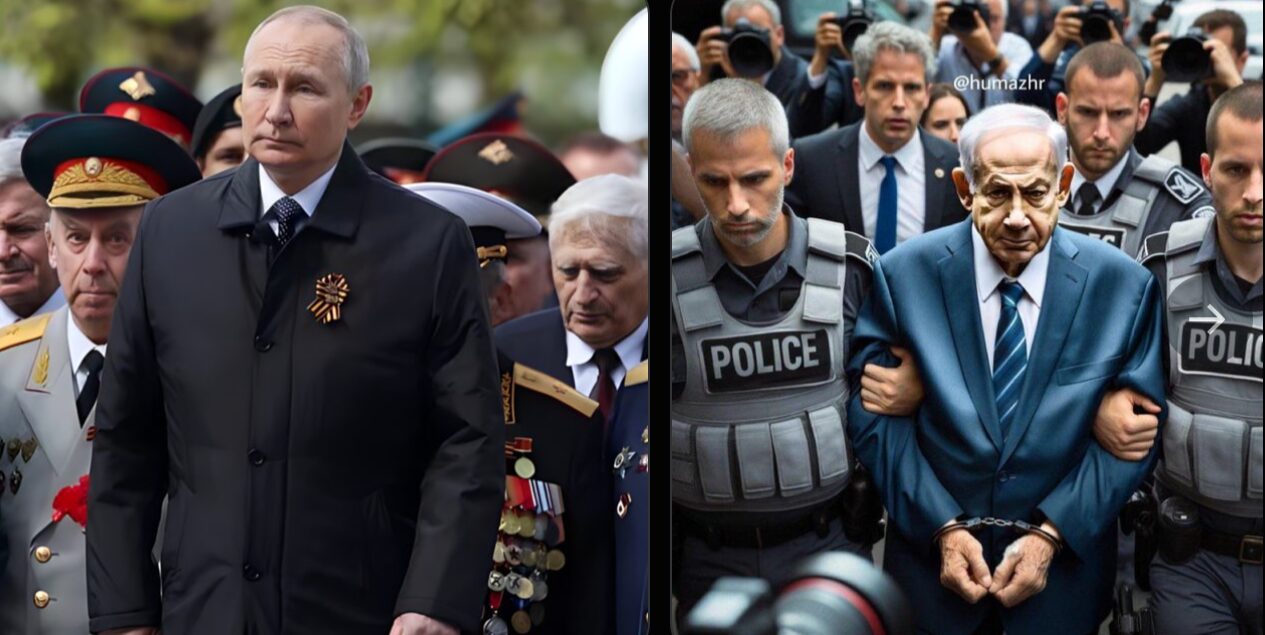

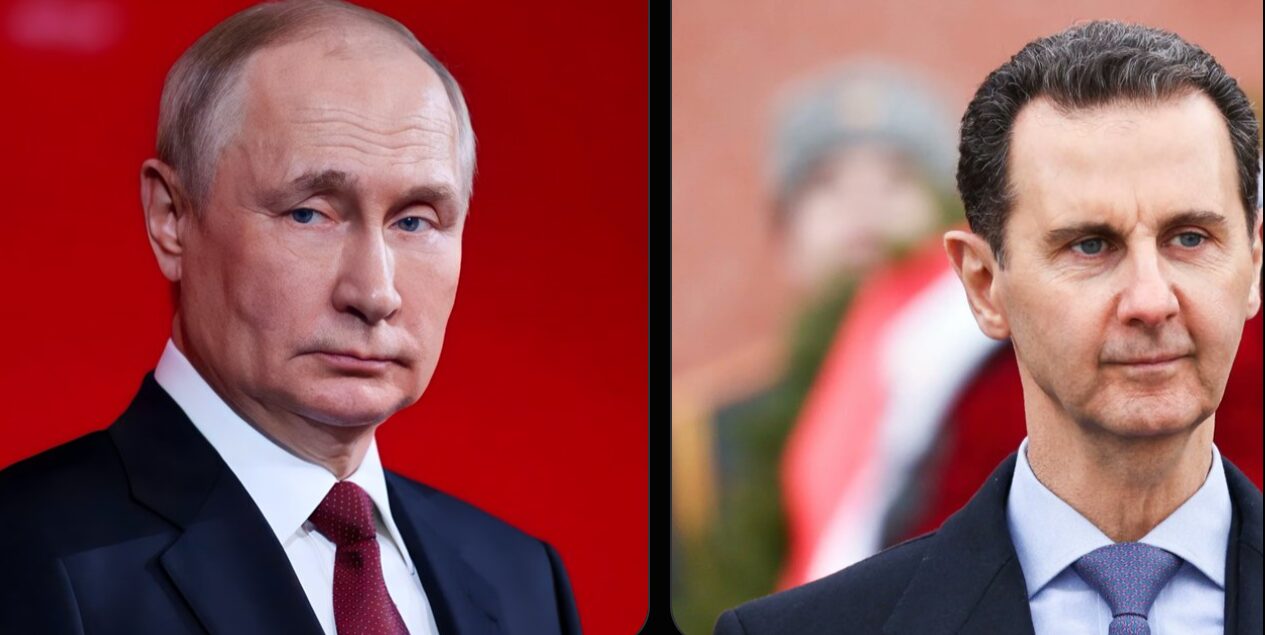

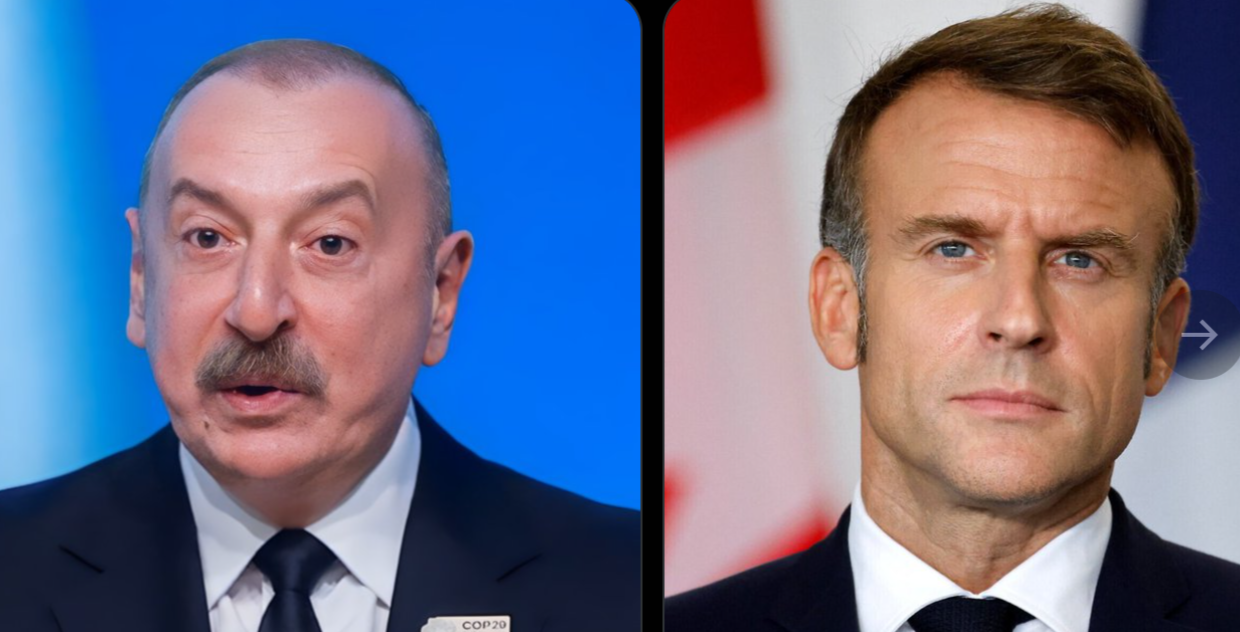









Post Comment